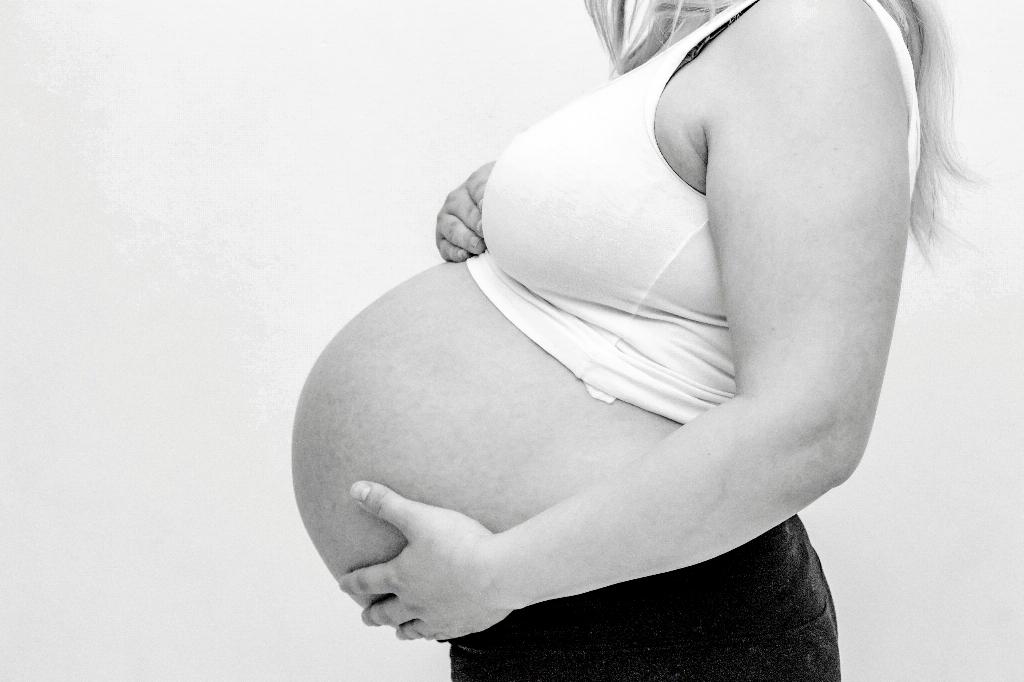A septate uterus is a common congenital uterine anomaly that can affect a woman’s reproductive health. One of the potential complications of a septate uterus is the increased risk of miscarriage. Miscarriage associated with a septate uterus typically occurs within a specific timeframe during pregnancy.
Risk of Miscarriage
It has been observed that pregnancy losses linked to a septate uterus often occur between the 8th and 16th weeks of gestation. This period is considered crucial as the pregnancy progresses and the uterus undergoes changes to support fetal development.
Critical Gestational Period
During the 8 to 16-week timeframe, the risk of miscarriage in women with a septate uterus is higher compared to those without this uterine anomaly. The presence of a septum in the uterus can impact the ability of the embryo to implant properly and receive adequate blood supply and nourishment.
Challenges in Pregnancy
Women with a septate uterus may face challenges in maintaining a healthy pregnancy due to the structural differences in their uterine cavity. The septum can create a barrier that interferes with the normal development of the fetus, leading to a higher likelihood of miscarriage during the critical weeks of gestation.
Diagnostic Considerations
Diagnosing a septate uterus can be crucial for understanding the potential risks associated with pregnancy. Early detection and appropriate management can help reduce the chances of miscarriage and improve outcomes for women with this uterine anomaly.
Importance of Monitoring
Regular monitoring and follow-up care are essential for women with a septate uterus to assess the progress of pregnancy and address any concerns that may arise. Close observation during the critical gestational period can help identify any issues early and prevent complications such as miscarriage.
Treatment Options
In some cases, surgical intervention may be recommended to correct a septate uterus and reduce the risk of miscarriage. By removing the septum, the uterine cavity can be reshaped to improve the chances of a successful pregnancy and decrease the likelihood of pregnancy loss.
Consultation with Healthcare Providers
Women who have been diagnosed with a septate uterus or are at risk of pregnancy loss should seek guidance from healthcare providers specializing in reproductive health. A comprehensive evaluation and personalized treatment plan can help address the specific needs of each individual and optimize the chances of a successful pregnancy.
Emotional Support
Dealing with the possibility of miscarriage can be emotionally challenging for women with a septate uterus. It is essential to prioritize mental health and seek support from loved ones, counselors, or support groups to cope with the stress and uncertainty that may accompany the journey towards parenthood.
Future Pregnancy Planning
For women who have experienced a miscarriage associated with a septate uterus, careful planning and preparation for future pregnancies are crucial. Discussing concerns with healthcare providers, exploring fertility options, and addressing any underlying medical conditions can help improve the likelihood of a successful pregnancy in the future.
Conclusion
In conclusion, miscarriages linked to a septate uterus commonly occur between the 8th and 16th weeks of gestation. Understanding the risks, seeking appropriate care, and maintaining open communication with healthcare providers are vital steps in navigating the challenges associated with a septate uterus and optimizing outcomes for future pregnancies.

